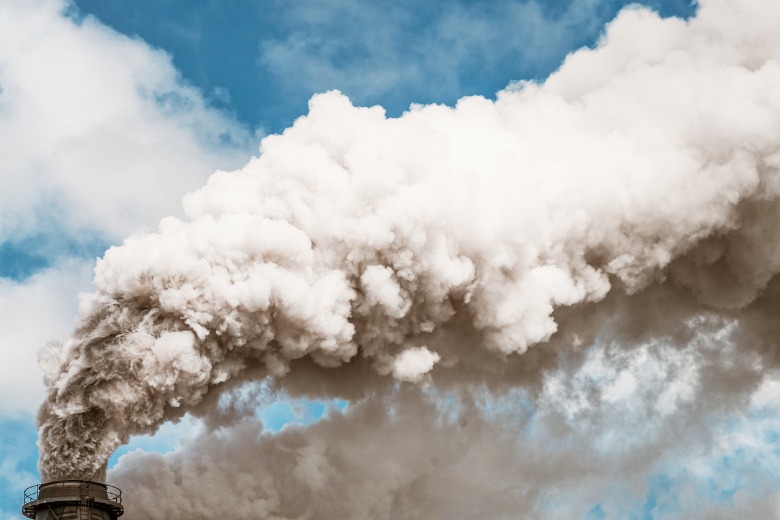
The federal government has announced new areas for potential offshore carbon storage and invited bids for exploration permits from Australian and foreign investors.

Applications for work-bid greenhouse gas assessment permits are open until November 28 with respect to ten sites in Commonwealth waters off WA, Victoria and Tasmania.
The announcement comes despite some of the sites including areas of marine parks and a CSIRO research paper stating there is a lack of protocols regarding offshore carbon capture and storage (CCS).
The 2023 Offshore Greenhouse Gas Storage Acreage Release, announced this week, includes 10 areas across seven basins to explore for carbon capture and storage (CCS).
They include:
- Bonaparte
- Browse
- Northern Carnarvon
- Perth
- Otway
- Bass
- Gippsland.
Announcing the 2023 Offshore Greenhouse Gas Storage Acreage this week, resources minister Madeleine King said the sites already hosted a variety of offshore exploration and production activities, and were chosen for their geology and storage potential.
She said there would be “minimum impact” on the marine environments.
Environmentally important areas
However, the government gazette notice calling for bids says some of the areas include environmentally important areas including marine parks.
“Potential bidders should note that some of the gazetted areas overlap Australian Marine Parks, Biologically Important Areas (BIAs) and Key Ecological Features (KEFs),” the information for potential investors says.
The notice adds there could be unexploded military supplies in some areas, and that the government couldn’t guarantee the safety or location of unexploded ordnance.
“There is potential for unexploded ordnance (UXO) on or in the sea floor in areas where Defence operates … Proponents should be aware of the risks involved in conducting offshore exploration and development activities,” it says.
According to the International Energy Agency, CCS involves capturing CO2 from sources like power plants or industrial operations, compressing it, transporting it and injecting it into geological sites.
Lack of protocols
A research paper led by Dr Andrew Ross from the CSIRO and published in the Journal of the Australian Petroleum Production and Exploration Association in March 2022 said subsea CO2 storage is an active area of global research.
The paper says CSIRO and research partners have been researching in the Gippsland region to inform the development of assurance monitoring approaches for subsea CCS operations.
“Despite some preliminary research and examples overseas, there remains a lack of established protocols and configurations for offshore carbon capture and storage (CCS) monitoring overlying storage sites and an absence of methods to establish environmental impact in the event of leakage,” the paper says.
Government News has sought comment from Dr Ross regarding the current status of CCS management.
The federal budget has provided $12 million to review the environmental management regime and examine ways to improve regulations to support offshore CCS projects.
Comment below to have your say on this story.
If you have a news story or tip-off, get in touch at editorial@governmentnews.com.au.
Sign up to the Government News newsletter